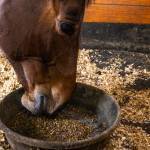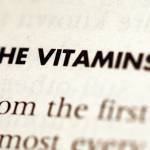Nutrition
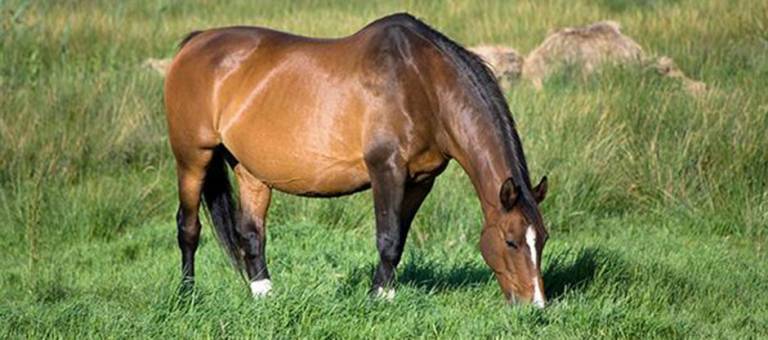
February 04, 2015
Feeding for Fertility
For many horse managers, the goal of breeding season is to have last year’s open mares in foal and
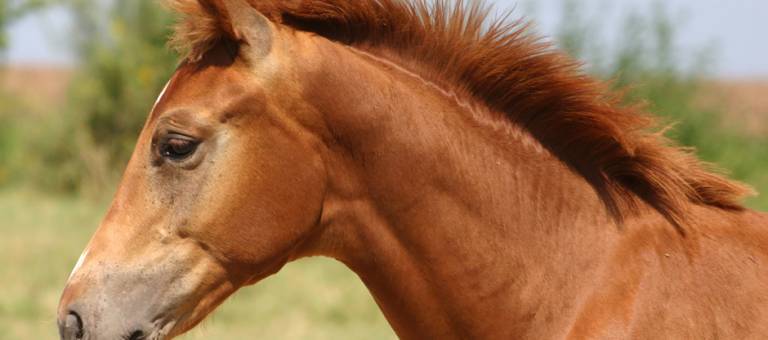
February 03, 2015
Gastric Ulcers in Young Horses
In two studies researchers looked at the influence of three different forage-based diets on gastric ulceration in young horses
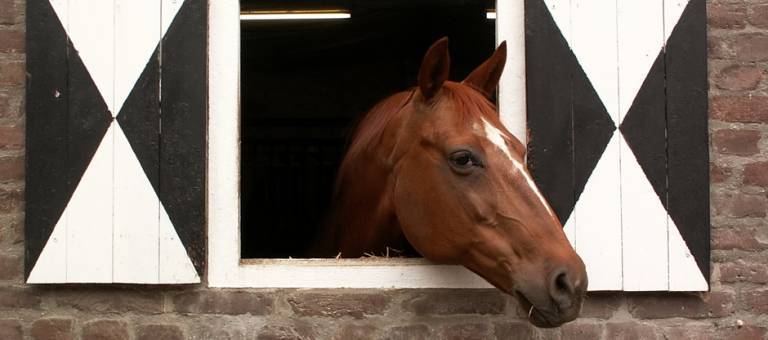
February 02, 2015
Stalled Horses May Need Extra Vitamin D
Like humans, horses derive vitamin D from ultraviolet light, primarily sunshine. Horses kept outdoors and exposed to sunlight generally do not
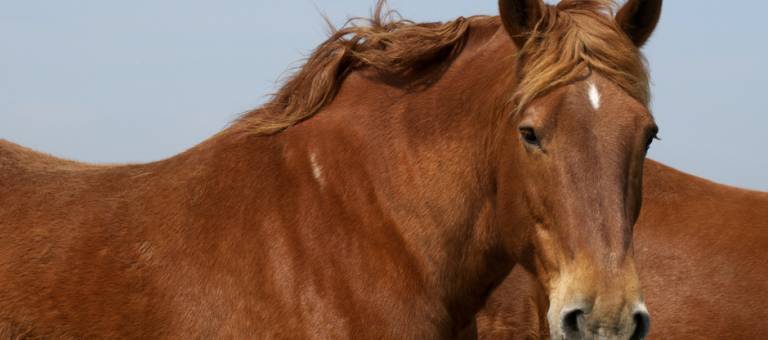
January 30, 2015
Horse Weight Loss: Try These Six Steps
Whether it’s because owners are killing their horses with kindness or if the growing rate of equine obesity is
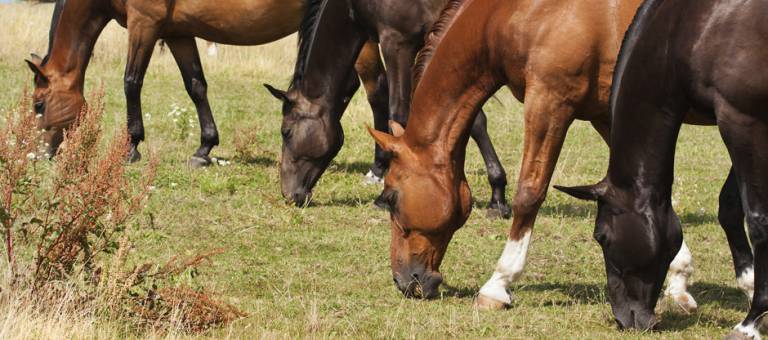
January 28, 2015
Watch Out For Toxic Plants in Hays, Pastures
Horses will usually avoid ingesting harmful plants or other toxins when offered high-quality forage options. But as highlighted in
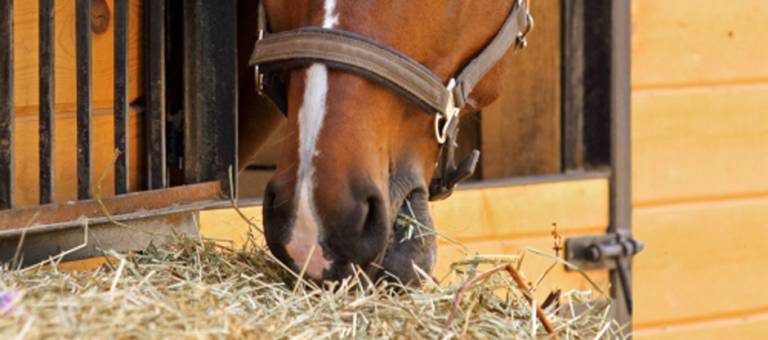
January 27, 2015
Equine Metabolic Syndrome: Feeding Horses for Weight Loss
Horses with equine metabolic syndrome are characterized by obesity, abnormal insulin dynamics, and a tendency to develop laminitis. Even though weight

January 23, 2015
Are Starches and Sugars Really Detrimental to Horses?
“The negative effects of high-starch and high-sugar diets have been discussed widely but one must keep in mind that

January 22, 2015
Growth Management for Thoroughbred Foals in Japan
Foal owners and managers are often interested in growing the largest possible Thoroughbred yearlings because these young horses tend
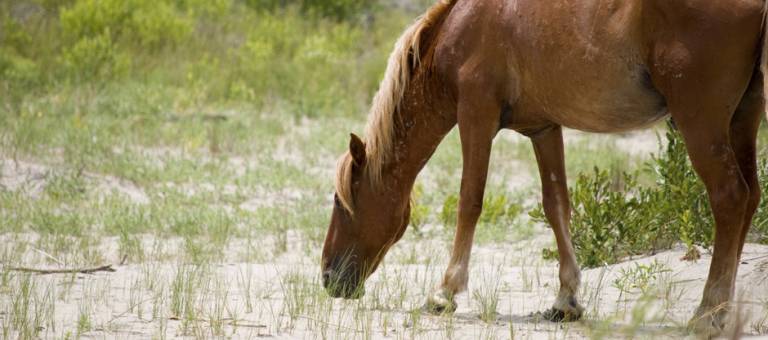
January 21, 2015
Psyllium and Sand Colic in Horses: Research Update
We know that some, but not all, horses grazing in certain geographical areas with sandy soils are at risk
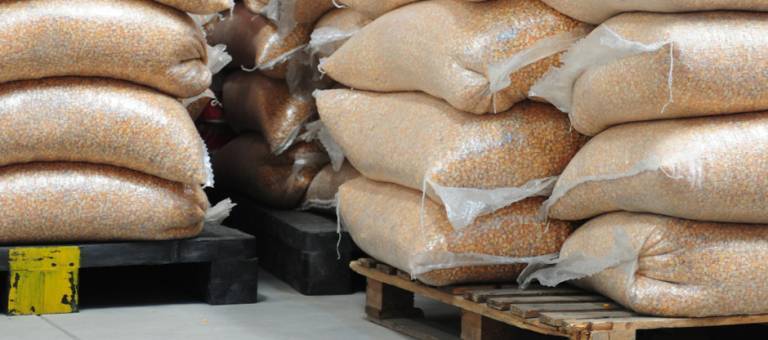
January 20, 2015
Assessment of Selenium Status in Horses
Dietary selenium is important for membrane integrity, growth, reproduction, and immune response in horses. Plasma selenium levels between 100 and 200






